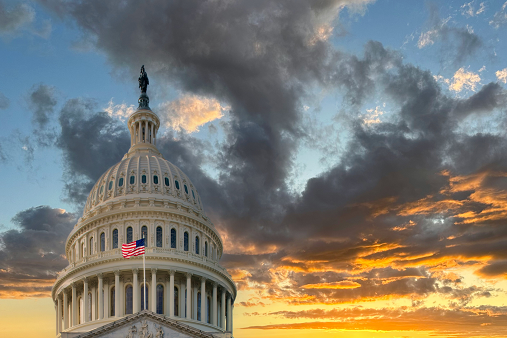*This is the fourth in a series of blog posts that examines seven FAQs issued by the DOJ in response to questions the Yates Memo raised. The third of these questions concerns what a company is not required to do to earn cooperation credit.
Question: What is the cooperating company not required to do?
Answer: In order to receive cooperation credit, the Department of Justice (DOJ) has placed certain formal limitations on the Yates Memo’s reach. For instance, a company is not required to embark on an endless fishing expedition for information, nor is a company required to waive any attorney-client privilege to receive cooperation credit. At times, however, although there are formal limitations, the department’s limitations create an apparent conflict with its practical application. First, the department has placed some limitations on the scope of the investigation required to receive the cooperation credit. At a conference shortly after the Yates Memo was released, former Deputy Attorney General Sally Yates stated that the memo was not intended to require “companies to embark on a years-long, multimillion dollar investigation every time a company learns of misconduct.” Instead, the company’s investigation should be “tailored to the scope of the wrongdoing” and put forth the company’s “best effort to determine the facts with the goal of identifying the individuals involved.” Second, the DOJ has made clear that cooperation credit is not contingent on waiving either the attorney-client or work product privilege. Former Deputy Attorney General Yates confirmed that “there is nothing in the new policy that requires companies to waive attorney-client privilege or in any way rolls back the protections that were built into the prior factors.” In fact, the department explicitly prohibits and deters a prosecutor from making the disclosure of attorney work product a condition for receiving corporation credit. However, as Yates said, this is “nothing new.” Since 2008, when the Filip Memo was released, companies have only been required to turn over relevant, “non-privileged” information about the misconduct to receive cooperation credit. In that same conference previously mentioned, Yates offered guidance on what the DOJ considers privileged material and non-privileged material for cooperation credit: As we all know, legal advice is privileged. Facts are not. If a law firm interviews a corporate employee during an investigation, the notes and memos generated from that interview may be protected, at least in part, by attorney-client privilege or as attorney work product. The corporation need not produce the protected material in order to receive cooperation credit and prosecutors will not request it. But to earn cooperation credit, the corporation does need to produce all relevant facts –including the facts learned through those interviews—unless identical information has already been provided. We will respect the privilege, but we will also expect companies to respect its boundaries and not to wrongly exploit its legitimate purpose by using it to shield non-privileged information from investigators.
Practically speaking, the Yates Memo may induce many corporations to waive its attorney-client privilege when conducting an internal investigation to ensure it receives the credit. However, before doing so, a company would be wise to consider not only the ramifications in future criminal and civil proceedings when making such a disclosure to a federal agency, but also the ramifications with its own employees. Third, the department does not require a corporation to fire, layoff, penalize or take any other specific action against employees to receive cooperation credit. However, with the same breath the DOJ makes clear that the “corporation’s response to misconduct says much about its willingness to ensure that such misconduct does not recur.” As a result, it is possible corporations may err on the side of taking actions against employees it believes are responsible for the misconduct. Therefore, the Yates Memo creates this tension between the employer and the employee, which could inhibit the corporation’s ability to gain information during its investigation from those arguably most knowledgeable. Last, a corporation is not required to refrain from entering into Joint Defense Agreements (JDA). The department has made clear that the mere participation in a JDA “does not render the corporation ineligible to receive cooperation credit” and even prohibits prosecutors from requesting the corporation not enter into a JDA. On the other hand, the DOJ advises that a corporation may want to “avoid putting itself in the position of being disabled . . . from providing some relevant facts to the government thereby limiting its ability to seek such cooperation credit.” Therefore, while the act of entering into a JDA does not disqualify a corporation from receiving credit, the practical applications are potentially debilitating to entering into a meaningful JDA with a target or subject of an investigation. Here, once again, we see the dichotomous relationship between the department’s limitation to the Yates Memo and its practical application for corporations seeking cooperation credit. So, what are the practical applications of these “non-requirements” for companies? Consider the phrase “reading between the lines.” While the department doesn’t explicitly require a company to take any of the steps listed above, they likely have incentive to do so. Check back soon for more in depth analysis and best practices in response to the FAQs.












